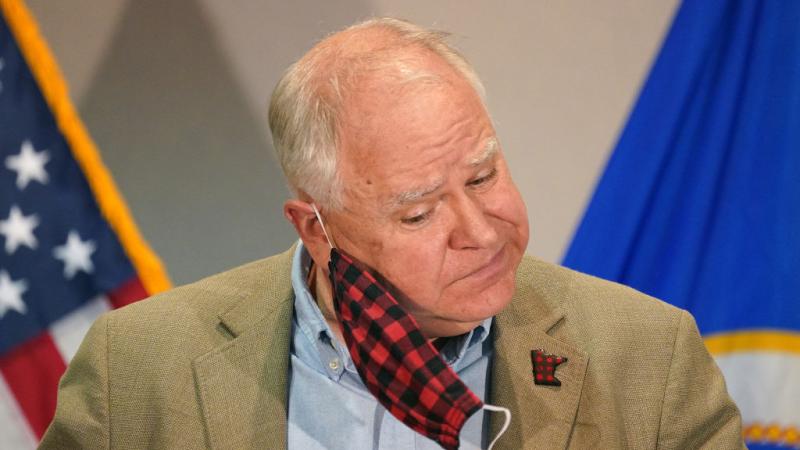Hundreds of millions in PPP loans went to CCP-backed firms, as U.S. small businesses went under
An estimated $200-$420 million in emergency U.S. taxpayer-funded loans went to at least 125 companies with significant ties to the Chinese Communist Party
The Golden Horseshoe is a weekly designation from Just the News intended to highlight egregious examples of wasteful taxpayer spending by the government. The award is named for the horseshoe-shaped toilet seats for military airplanes that cost the Pentagon a whopping $640 each back in the 1980s.
This week, our award is going to the United States Small Business Administration and Treasury Department for awarding at least $200 million, but as much as $420 million, to Chinese Communist Party-linked businesses by way of the Paycheck Protection Program, intended to assist U.S. small businesses that were devastated by the coronavirus pandemic, widely believed to have originated in China.
A report from the Horizon Advisory strategic consulting group illustrates how negligible congressional oversight allowed at least 125 Chinese firms to "take advantage of the international disaster” by benefitting “directly from U.S. investment and relief measures."
The authors of the report, Emily de la Bruyere and Nathan Picarsic, point out that Beijing positioning itself to take advantage of an international disaster is not a novel strategic move for the CCP. They point to the 2008 financial crisis as another moment when China purchased depreciated assets, captured market share in strategic domains, and worked to project Chinese standards from emerging systems.
The report, entitled "China's Protection Racket," reveals that publicly available data on the recipients of PPP loans show that "U.S. federal funds intended for Covid-19 recovery and emergency support of U.S. small businesses are benefitting a host of companies owned or invested in by entities based in the People's Republic of China."
The 125 companies that de la Bruyere and Picarsic uncovered have received somewhere between $192 million and $419 million in emergency U.S. taxpayer funding. The significant range is due to the relatively broad way that PPP loans are publicly disclosed. Instead of citing a specific amount that a given business received, it will be listed as having received, for instance, $5-$10 million. Each of these companies was authorized for a loan by the SBA during the initial round of PPP funding.
The types of entities that received U.S. taxpayer dollars include state-owned Chinese defense conglomerates, U.S.-based semiconductor companies owned by Chinese state-controlled capital vehicles, and Chinese-owned media outlets. Close to two dozen companies that received PPP loans were biopharmaceutical and medical technology companies with significant financial ties to China. Several automotive companies were beneficiaries of the taxpayer funds, including one — Chang'an Automobile — that had been implicated in intellectual property theft from Western car brands.
Noting the irony that while U.S. taxpayer dollars flowed toward propping up Chinese-backed companies "the PPP program did not reach every small business that has been harmed by the Covid-19 crisis," the report observes: "Many U.S. small businesses that did not receive funding have closed up shop or permanently shrunk their work force."
"Many of these firms, by virtue of their Chinese government support and connections to large PRC-based conglomerates, conceivably could access sources of capital from public or private markets to support their U.S. operations," according to the authors.
"To date, Congress has not conducted any meaningful oversight over China's access to PPP loans," they write. "Nor has it restricted access to companies with military ties to Beijing, those that have been accused of IP theft and other predatory behaviors, or those that have been documented as national security risks."
It's been well-documented that the PPP program, while in many ways a success, was also rife with fraud, much of which likely remains undetected. But granting incidental financial favors to CCP-backed companies, as American small businesses suffer, adds a disturbing new twist to the record of ill-intentioned exploitation of the signature pandemic relief program.
















